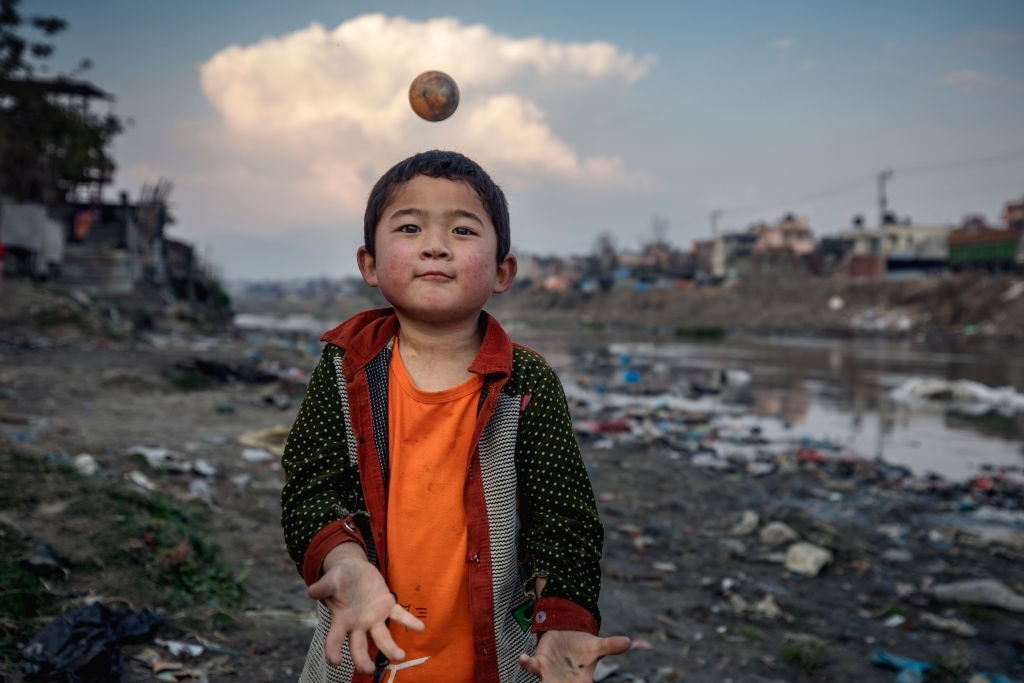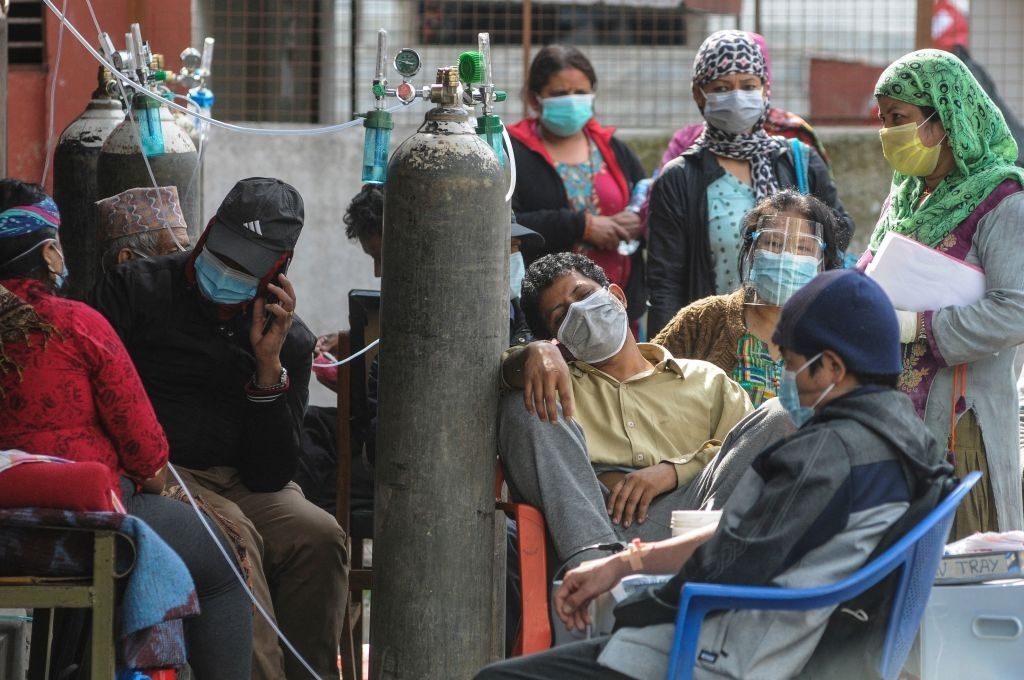Around the world, the impact of extreme poverty on youth and their family is devastating. This is clear the situation of youth will be the most vulnerable over the next decade. Loss of livelihood, climate and disaster risk impacts will push an estimated millions of poor people further into extreme poverty in some of the poorest and most fragile countries in the world. Poor families face many challenges and can’t realize the better-quality life.
FSF-IHCE Approach.

FSF-IHCE is working to break the vicious circle of poverty by 2030 so that most vulnerable youth can reach their full potential: We do this by:
- Helping the most vulnerable families out of extreme poverty- so that very poor families become economically self-reliant and have the dignity and visionary life.
- Strengthening indigenous skills, resilience and access to markets so that families can produce and sell their production themselves.
- Promoting sustainable employment opportunities and market systems so that communities have access to goods, service and employment opportunities.
Nepal:

Prior to the COVID-19 crisis, one-third of households in Nepal received remittances from family members working abroad. In 2017, Nepal had the fifth highest ratio of remittances to GDP in the world (28.3%). World Bank estimates claims that remittances to Nepal will drop by 14 per cent in 2020 and they will probably remain subdued in 2021. It is also uncertain how returning migrant workers will be integrated into the domestic workforce.
- A report on The Impact of COVID-19 on Households in Nepal, mVAM Household Livelihoods, Food Security and Vulnerability Survey in May 2020 shows the following situations of Nepal:
- 23% of households had inadequate food consumption;
- Minimum dietary diversity not met by 46% of children between 6-23 months of age;
- 3 in 10 households lost some income;
- 1 in 10 lost jobs due to COVID-19,
- 55% of households’ sources food through market purchase; these households need income to acquire food,
- Access to food and vulnerability to shocks has deteriorated for:
- Certain types of livelihoods – mainly daily wage labourers;
- and households that are female-headed and illiterate.
Nepal falls in the top 20th list of the most multi-hazard prone countries in the world. The country is ranked 4th, 11th, and 30th in terms of climate change, earthquake, and flood risk respectively.
Since the beginning of the monsoon period in mid June, widespread floods and landslides were affecting many parts of Nepal, leading to an increase in the number of fatalities.
As of 15 July, the Disaster Risk Reduction Authority in Nepal (DRR) reports, 116 fatalities and 50 missing people. At least 138 citizens were injured and about 616 families remain affected. According to initial assessment, around 300 houses were damaged.
Several communities remain isolated, as the road infrastructure leading to the disaster sites remains blocked by debris, and relief operations have been affected by bad weather. (ECHO, 15 July 2020)
In this circumstance, your minor support also plays high value in their life.
Sher Bahadur Chhetri – FSF-IHCE Nepal
